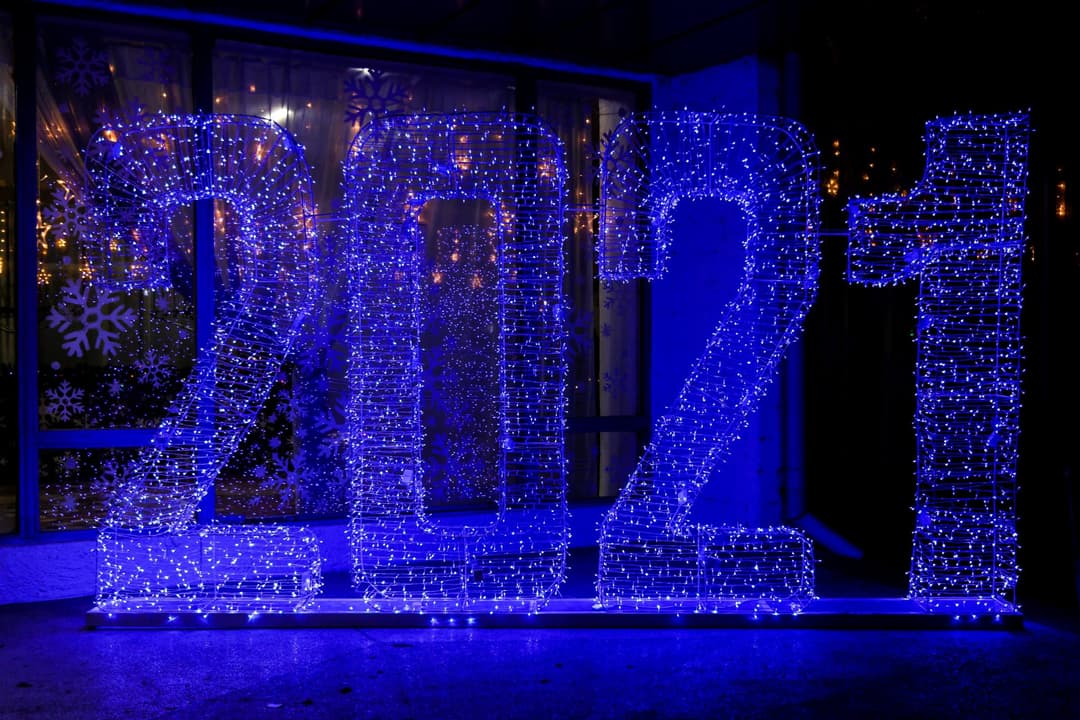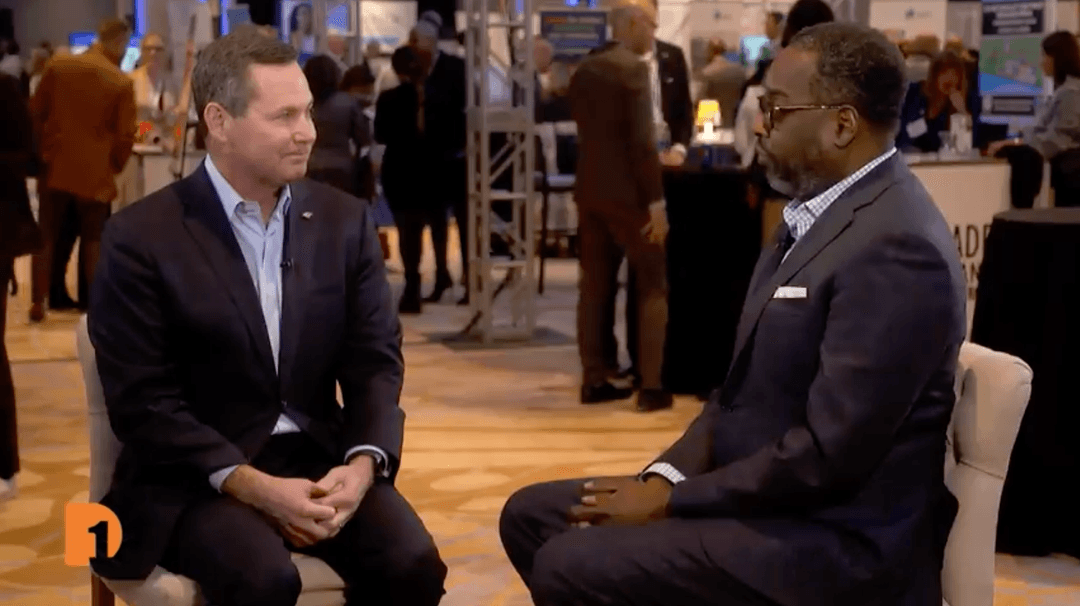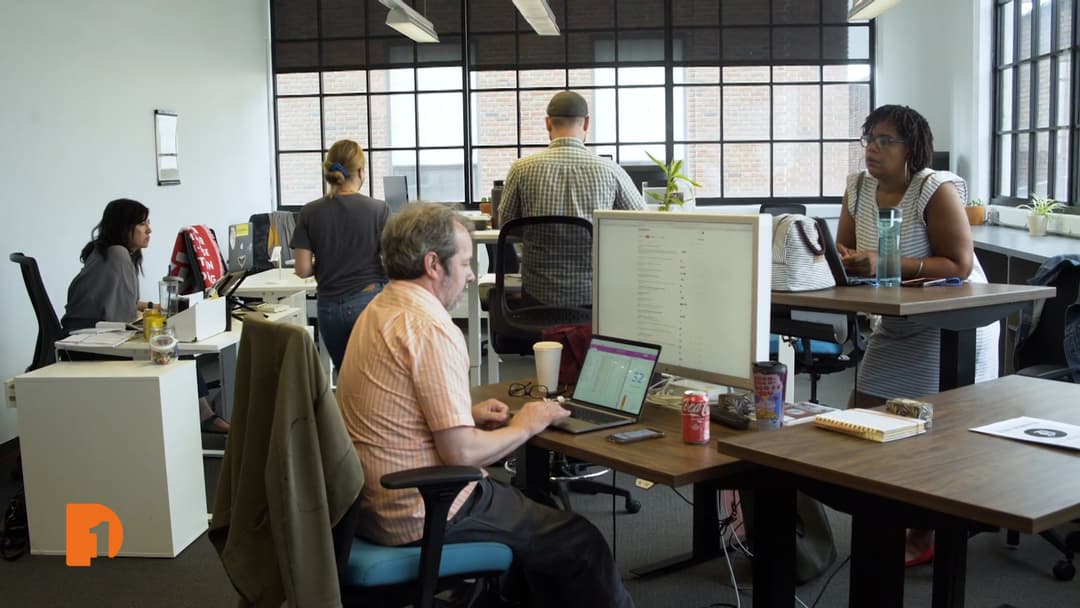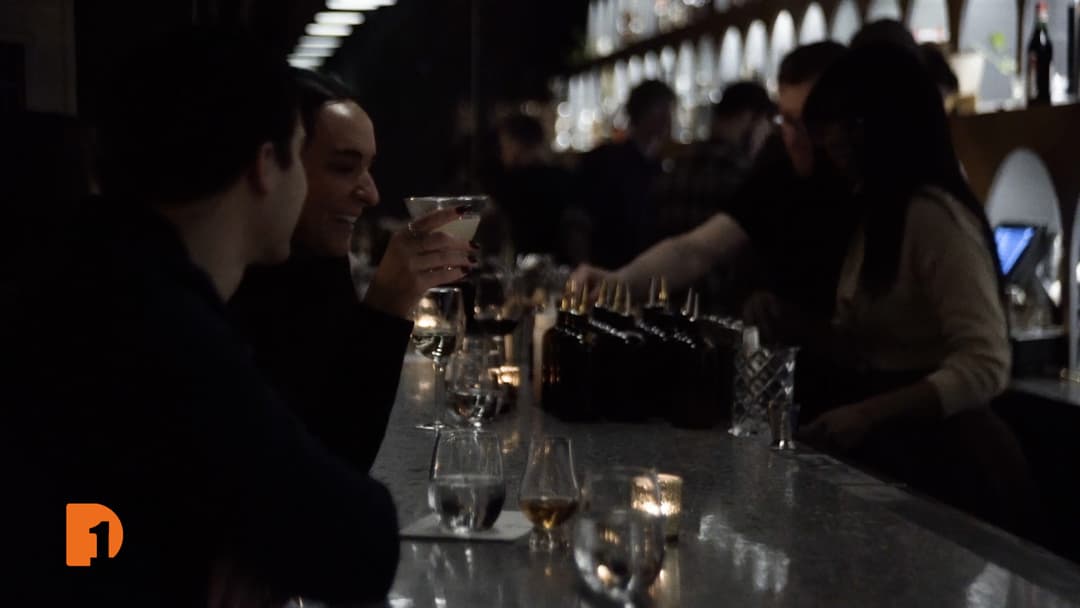Introducing BridgeDetroit
May 21, 2020
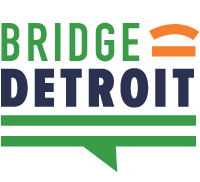
Stephen Henderson introduces his new project, BridgeDetroit, a nonprofit community news, information and engagement media service working with a citywide collaborative journalism hub of Detroit-area partners, including Detroit PBS.
Read full transcript
Christy McDonald All right. Stephen Henderson with a big announcement today: Bridge Detroit. Tell us all about it.
Stephen Henderson Yeah. So, this is a new news and engagement organization, nonprofit independent that we’ve built to try to focus specifically on the issues and challenges that Detroiters themselves identify as critical to their understanding of the city, of their neighborhoods, of their communities. It will be driven by that interaction with Detroiters, which we’re setting up to be continuous and very deep. Establish a real relationship and build a newsroom and a new service around.
Christy McDonald So what are the platforms where people can start to see the work?
Stephen Henderson We’ve got a website, bridgedetroit.com that is up and running and has lots of content on it. You can also subscribe to Bridge Detroit through your email and we’ll send you updates each week. And we’re building a network of partners that are going to help distribute the work as well. We really focused on this being a collaborative effort. So WDET, Detroit Public Television, now the Detroit Free Press, Outlier Media, there are more than a dozen media organizations who’ve already signed on. Also, community organizations in the city: Eastside Community Network, Arise Detroit, CitizenDetroit, we’re all kind of working together to make sure that we not only get this information from Detroiters about what they want, but push it back to them where they are.
Christy McDonald Look, as journalists, we all sit around sometimes in a big room and we bemoan where this industry is going to go. And it seems now more than ever, you’re seeing people engage with their local hyper local media because of the direct information that impacts them during a pandemic. And the details that they need from it. How is this different from media models that we’ve seen in the past? And what are the challenges of a collaborative platform where you’re putting it out in different places? It’s not just the silos.
Stephen Henderson Yeah. Our model is going to mirror the business model that the Center for Michigan is set up for Bridge Michigan, which is we call the three-legged stool. There is a significant investment up front from philanthropy, which is where we have gotten the money to start.
Bridge Detroit, a significant buy in from the Knight Foundation and Ford Foundation. And then every local foundation that we have here in Detroit has some piece of this. And then over time, we build out the other two legs. One is a membership model that looks a little like what you see in public television and public radio. People pledge to be members of the community and pay a little bit to have that membership. And then the third leg is sponsorships, corporate and other kinds of sponsorships.
That model has emerged among nonprofit news organizations across the country as the one that’s been the most stable for the last few years. Now, of course, this is all new. This is all really different from the way media has sustained itself for more than 200 years. And so we don’t know yet how sustainable that is over overtime or whether there’s other legs we need to add to the stool or whether one of the legs that we’re building won’t quite hold up. But we’re optimistic so far. At Bridge Detroit, we’re gonna get there. We’ve already got a lot of people signing up to be members. We’ve got a lot of philanthropic support, an early corporate support. And then what makes this, what makes this kind of different is, again, this well, the collaborative model that’s a that’s different is really another direction that nonprofit media is really has really headed in the last couple of years. We are better together than we are on our own and nobody has the resources that they used to. We have more demand for our products and our services than we did before. We need to be able to work with other organizations to make sure that we’re able to deliver the things that our readers and listeners and viewers all need.
Christy McDonald I think what was significant about seeing your announcement was your diverse staff. And when we say you’re going to Bridge Detroit and you are covering the city to be able to have reporters who are reflecting the people that they are covering is truly something that has to be a deliberate process. Talk a little bit about choosing staff and how you did it.
Stephen Henderson Yeah. So, I mean, we said from the beginning that this needed to be for Detroiters by Detroiters and by extension that means reflecting the city’s population, which is majority African-American and Latino. So, we needed to make sure that the staff reflected that. When I started out, I didn’t I didn’t have a number in mind that I wanted to meet so much as I said, it needs to be reflective. But when we started advertising for the position, then seeing who came across the transom, we were overwhelmed by the number of really qualified and connected Detroiters who are African-American or Latino who wanted to be part of this. And so, we were able to put together a staff that is 100 percent reflective of that majority population in the city, which puts us in some rare company there.
There aren’t newsrooms, not just here in Detroit, but across the country that have been able to do that. It’s something we’re really proud that we were able to achieve right out of the gate. And I think it will serve us well as we try to build this relationship with Detroiters. That is so key to the content here. Having people who have a connection and a relationship already with that majority population puts us out ahead.
Christy McDonald Yeah, and you say relationship, developing a relationship with your audience and that kind of for me begs the question of what are we missing when we’re covering news or telling the story? What are you hearing from people that the news media is missing, that Bridge Detroit is going to be able to kind of fill a need?
Stephen Henderson Yeah, I mean, I think it’s responsiveness. One of the one of our key partners here is Outlier Media, which is a service news organization that uses text-based service to talk consistently with Detroiters about what’s going on in their lives and what they need help with. An outlier is answering those questions very specifically for those Detroiters. That kind of relationship is not common at all among media organizations.
And that’s kind of where we start with Bridge Detroit is they’re doing that in a very discreet community here in Detroit. We want to help grow that. And so and make that something that we’re doing that people across the city. And when you do that and when you hear about what’s going on in people’s lives, I think you come across a whole host of issues that we in newsrooms don’t necessarily come into contact with all the time. We’ve been asking people about the pandemic.
For instance, here in Detroit, we’ve come across incredible stories about the food insecurity that events caused directly from Detroiters. We’re hearing about the housing crisis that we had before the pandemic and how this has made it worse. How this has put pressure on small scale landlords who can’t maintain their houses anymore because people are unable to pay rent. They’re going to have to walk away from a lot of these houses. So now, you’re talking about more abandonment that will happen in the city. And you’re talking about fewer choices for people who live here. These are stories we wouldn’t hear if we weren’t talking to Detroiters consistently about these things because they don’t reach those of us who exist outside of those communities and populate most of the newsrooms around town.
Christy McDonald You’re excited?
Stephen Henderson Yeah, I am. I’m really excited. A little nervous. I found myself with the jitters before the announcement, which is unlike me. I mean, not that…
Christy McDonald You know, that’s funny, but this is totally different. This is something different out of the space that you’ve operated in in quite a while and it’s being able to create and start something. And I think the expectation and I don’t know, just because we’ve been friends for a long time, it’s a personal feeling of ‘I need to deliver on this’.
Stephen Henderson Yeah.
Christy McDonald I’m seeing in you right now.
Stephen Henderson I absolutely feel that. And I feel that because I’m a Detroiter. I mean, I came home to Detroit 12 years ago because this is the place where I could do the work that would matter the most to me, but also where I feel like my work matters the most to other to other people. And this is a really bold expression of that. And so, yeah, for me and I think for our audience and our members, there’s a lot of there’s a lot at stake. And so I think my body was telling me that was true as we were getting ready to announce it. But it is also about excitement. It is.
We’ve got a great team that we put together, an amazing team who are capable of things that every day I was not aware that they would necessarily be capable of, and they’re coming up with ideas that aren’t mine but that are theirs to enhance this model. So, it’s a little bit of hurry up and let’s get this going so that we can see how it works.
Christy McDonald Yeah, it will. It’s going to be great to work with, you know, on behalf of Detroit Public Television, but really to see really to see this work and get to know and to understand some more of the true issues that are that people are facing and that they trust enough to share, because I know that sometimes with the media we can breeze in and breeze out or accused of it and sometimes are really guilty of it or just hitting it off a press release or off of the scanner and painting the broad brush of that’s the issue there. And so I think I’m really looking forward to seeing how this works and develops and knowing the people that you have on staff. It’s gonna be—it’s gonna be great.
Stephen Henderson Yeah. Yeah. We’re really excited that we’ve got it. We’ve got it all started already. Bridgedetroit.com. You can be reading about what Detroiters say is important to them.
Christy McDonald All right. So, is this like your fourth job?
Stephen Henderson Fifth.
Christy McDonald Fifth? I think I stopped counting. I mean, what else are you doing right now?
Stephen Henderson That’s right (laughs).
Christy McDonald That’s good. Let’s keep track of you. All right. Thanks, Stephen. Stephen Henderson, everybody.
Stay Connected
Subscribe to Detroit PBS YouTube Channel & Don’t miss American Black Journal on Tuesday at 7:30 p.m. and Sunday at 9:30 a.m. on Detroit PBS, WTVS-Channel 56.
Catch the daily conversations on our website, Facebook, Twitter, and Instagram @amblackjournal.
Related Posts
Leave a Reply
Your email address will not be published. Required fields are marked*
